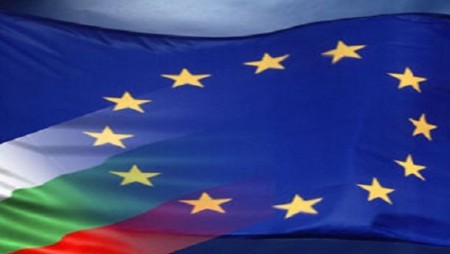Bulgaria to ask EC for derogation from deficit limit because of intention to boost defence spending
Bulgaria’s government will this week agree to a decision to ask the European Commission to approve a derogation from the three per cent of GDP budget deficit limit because of the government’s intention to increase defence spending, Prime Minister Rossen Zhelyazkov told a briefing on April 28.
Zhelyazkov held the briefing jointly with European Council President António Costa, who is on a three-day visit to Bulgaria, with stops including the Arsenal arms factory.
Zhelyazkov said: “Security, competitiveness and digitalization are the strategic goals facing the European Union in the context of the global competition. The current visit of the President of the European Council aims to coordinate our joint efforts in these key areas”.
Bulgaria is not only an active participant in the processes, but also their driving force,” he said.
The government supports the European Union’s policies for the modernisation of defence capabilities.
He said that Bulgaria’s defence spending exceeds two per cent of GDP.
At the same time, the government’s intention is to increase this spending, taking advantage of the clause for excluding from the deficit the rearmament projects that are implemented under the European Union’s initiatives for joint acquisition.
He said that this way it will be possible to invest more in defence without jeopardizing fiscal sustainability.
Zhelyazkov said that investments will amount to up to 1.5 per cent of GDP on an annual basis, with the reference year being the one before the war in Ukraine, for a period of four years.
“Bulgaria is confidently moving forward with the implementation of the defence investment program,” he said, emphasising the potential of the Bulgarian defence industry.
A Specialized Centre for defence Innovations will be launched very soon, its main goal being to be a conduit for linking three aspects – the needs of the army, the capabilities of science and the capacity of the Bulgarian defence industry, Zhelyazkov said.
